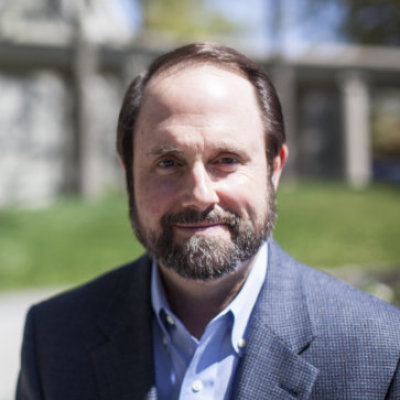2 sisters die from pandemics 102 years apart

Selma Esther Ryan died last week from coronavirus at an assisted living facility in Austin, Texas. She was 96 years old. Her older sister, Esther, died at the age of 5 from the 1918 Spanish flu pandemic.
The deaths of two sisters from two pandemics are just one of the unusual aspects of this tragedy. Another is the timing of Selma’s death.
The Associated Press reports: “For a generation, mid-April has delivered some of America’s most cataclysmic moments.” The article points to the Oklahoma City bombing, the Columbine High School shootings, the Branch Davidian raid in Waco, the Virginia Tech shooting, the explosion of BP’s Deepwater Horizon offshore drilling rig, and the Boston Marathon Bombing.
There is good news in the news as well.
According to The Associated Press, a “flood of new research suggests that far more people have had the coronavirus without any symptoms.” These reports fuel hope that the virus will turn out to be much less lethal than was originally feared.
However, the more asymptomatic people there are, the harder it is to know who around us is contagious. This complicates decisions about returning to work, school, and normal life.
How atheists misinterpret the world
In these fearful days, it is tempting to look for hope in the wrong places.
The psalmist declared, “Great are the works of the Lord, studied by all who delight in them” (Psalm 111:2). Those who “delight” in the creation of God are obviously moved to study his “works,” from Aristotle to Charles Darwin to atheistic scientists today like Richard Dawkins.
But studying the works of God apart from a relationship with him is inherently flawed: “The fear of the Lord is the beginning of wisdom; all who practice it have a good understanding” (v. 10). The “fear” or reverence of the Lord is the foundational commitment that positions us to receive his wisdom and understanding.
If we do not revere and trust the one true Lord, we are likely to misinterpret his creation.
For example, Hindus focus on the cyclical rhythms of nature but wrongly find evidence in them for their doctrine of reincarnation. They note the cause and effect nature of physical reality but wrongly use it to support their doctrine of karma.
Buddhists note the fact that suffering is always with us but wrongly make its reality the foundation of their worldview. They note that some who cease to desire a better future find less pain in the present but wrongly make this fact their best hope.
Muslims rightly see all creation as the work of the Creator but wrongly view his sovereignty as requiring his apathy. They note that God is higher than the world he made but wrongly conclude that we cannot therefore have a personal relationship with him.
Atheistic scientists see the suffering in the natural world, but many refuse to acknowledge the reality of the fall or the greater good in creation. They therefore wrongly claim that since the world is broken there cannot be an all-powerful, all-loving God.
Why Christians should be the best scientists
Conversely, Christians should be among the best scientists and naturalists in the world. Our delight in the works of the Lord should know no bounds. This is because we fear and revere the Creator and therefore find his fingerprints in his creation and are drawn more closely to him.
David spent his early years as a shepherd living in nature. It’s unsurprising that he would proclaim, “O Lord, our Lord, how majestic is your name in all the earth! You have set your glory above the heavens” (Psalm 8:1).
Isaiah could testify, “Behold, God is my salvation; I will trust, and will not be afraid; for the Lord God is my strength and my song, and he has become my salvation” (Isaiah 12:2). When we make his faith our own, “With joy you will draw water from the wells of salvation” (v. 3). And you will witness to others: “And you will say in that day, ‘Give thanks to the Lord, call upon his name, make known his deeds among the peoples, proclaim that his name is exalted'” (v. 4).
Here’s why: “Sing praises to the Lord, for he has done gloriously; let this be made known in all the earth. Shout and sing for joy, O inhabitant of Zion, for great in your midst is the Holy One of Israel” (vv. 5–6).
The psalmist echoed this result: “Let the redeemed of the Lord say so, whom he has redeemed from trouble” (Psalm 107:2). This is because “he satisfies the longing soul, and the hungry soul he fills with good things” (v. 9).
'The direction of God’s hidden promise'
Name your fears today. Then identify an aspect of God’s character that speaks to them. If, for instance, you are afraid of the future, focus on God’s omniscience and providence. If you are afraid financially, focus on his omnipotence and provision.
Now look for something in his creation that speaks to your fears as well. When we fear for the future, the beauty of a sunrise or advent of spring reminds us of God’s ongoing sovereignty. When we are afraid financially, the intricate design of a leaf or a flower reminds us of his care for every detail of life.
Henri Nouwen: “Whenever we pray with hope, we put our lives in the hands of God. Fear and anxiety fade away and everything we are deprived of is nothing but a finger pointing out the direction of God’s hidden promise.”
Why do you need to “pray with hope” today?



























